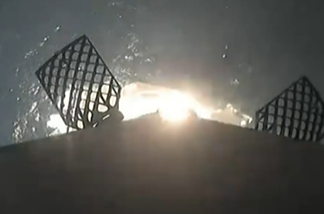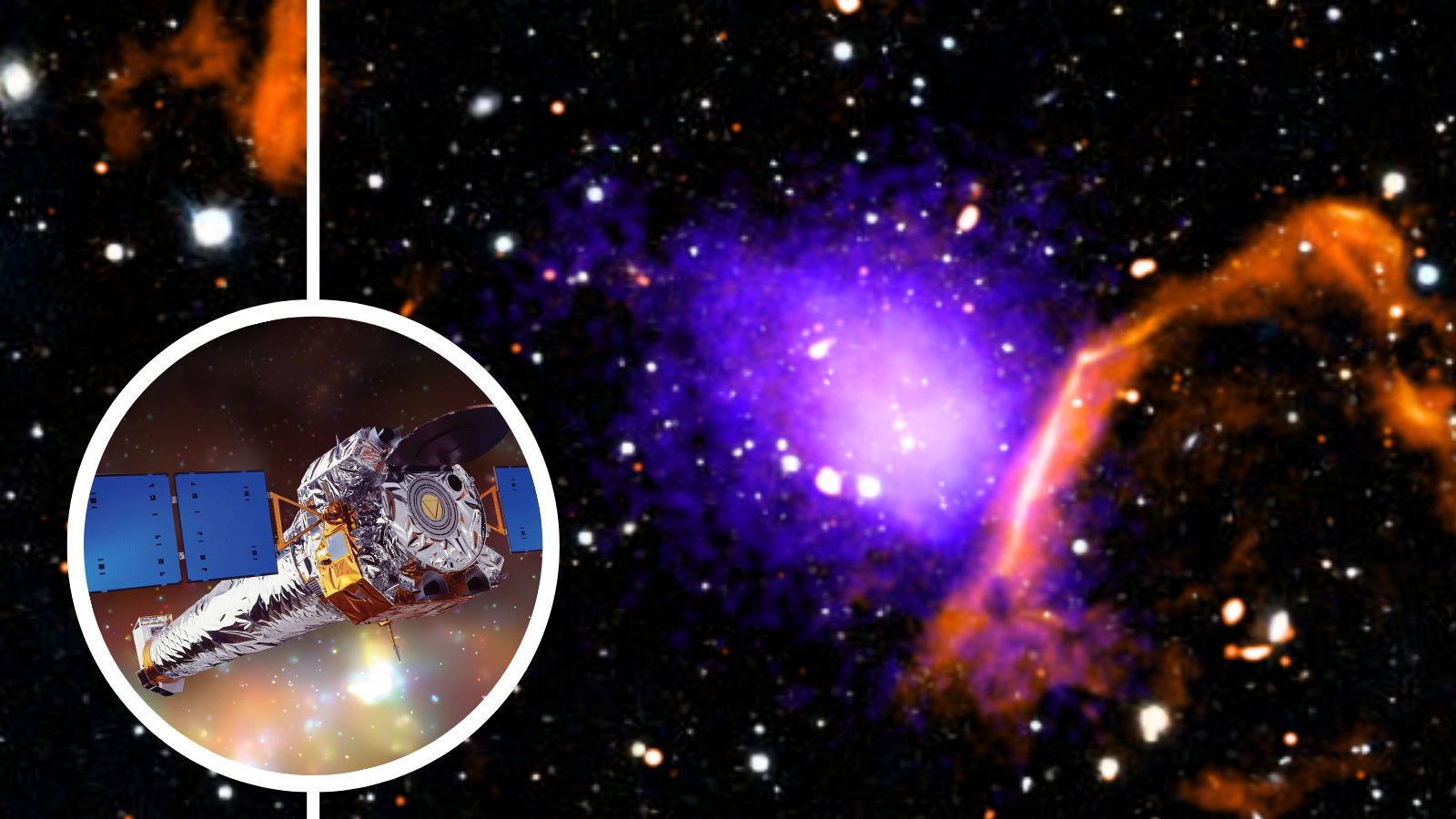SpaceX just set a new rocket-reuse record.
One of the company's Falcon 9 rockets lifted off from Florida's Cape Canaveral Space Force Station on Wednesday (Dec. 4) at 5:13 a.m. EST (1013 GMT). The mission delivered 24 of SpaceX's Starlink internet satellites to low Earth orbit (LEO).
It was the 24th launch for this Falcon 9's first stage, according to a SpaceX mission description. That topped the old mark of 23 flights, which was held by three different boosters.
Related: Starlink satellite train: how to see and track it in the night sky
The Falcon 9's first stage returned to Earth for its 24th landing about eight minutes after liftoff as planned. It touched down vertically on the drone ship "A Shortfall of Gravitas," which was stationed in the Atlantic Ocean.

The rocket's upper stage did its job as well, deploying the 24 Starlink satellites in LEO about 65 minutes after liftoff as planned.
Wednesday's mission notched yet another milestone for SpaceX's Falcon rocket family, which consists of the workhorse Falcon 9 and the more powerful Falcon Heavy. SpaceX has launched more than 400 successful Falcon 9 missions to date and has now landed Falcon first stages 378 times.
Breaking space news, the latest updates on rocket launches, skywatching events and more!
Starlink is the largest satellite constellation ever assembled. It currently consists of more than 6,750 operational satellites, and that number is growing all the time.
Editor's note: This story was updated at 5:30 a.m. ET on Dec. 4 with news of successful launch and rocket landing, then again at 12:30 p.m. ET with news of satellite deployment.
Join our Space Forums to keep talking space on the latest missions, night sky and more! And if you have a news tip, correction or comment, let us know at: community@space.com.

Michael Wall is a Senior Space Writer with Space.com and joined the team in 2010. He primarily covers exoplanets, spaceflight and military space, but has been known to dabble in the space art beat. His book about the search for alien life, "Out There," was published on Nov. 13, 2018. Before becoming a science writer, Michael worked as a herpetologist and wildlife biologist. He has a Ph.D. in evolutionary biology from the University of Sydney, Australia, a bachelor's degree from the University of Arizona, and a graduate certificate in science writing from the University of California, Santa Cruz. To find out what his latest project is, you can follow Michael on Twitter.
